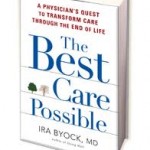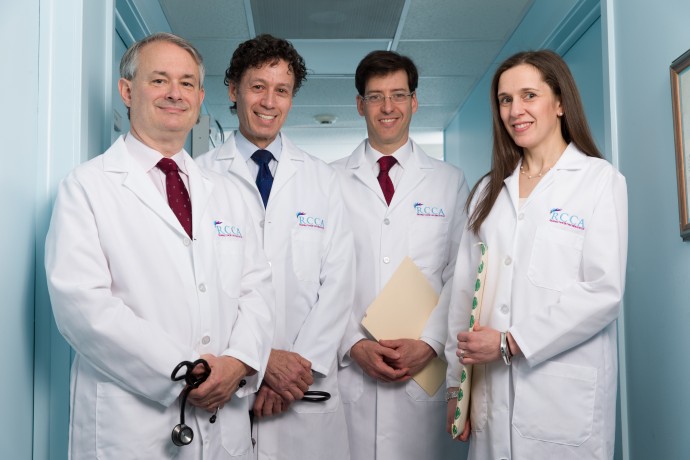It is hard to lie to patients who are dying. To look a fellow human in the eye and tell them “everything will be OK,” is painful. To give treatment that is unlikely to work is emotionally exhausting. To watch someone die having never been honest causes burnout.
Denying the obvious spread of disease conflicts with what the patient perceives, and what the doctor knows. Even though the goal is to soften difficult news, the result of deception is isolation, confusion and suffering. This exacts a terrible toll on the doctor. However, for many physicians it is not clear what to say or what to offer when therapy fails. What has a physician to offer but false hope?
The only real choice for a physician is to tell the truth. Physicians owe their patients complete information, and compassionate prognosis. The communication of realistic goals in terminal disease, takes patience, experience and compassion. Gently confirming that the disease is increasing and defining what is truly possible is to allow real comfort. Setting achievable goals of life quality is a gift to the patient and family. Nonetheless, for doctors trained in diagnosis and cure, it may not be obvious how to transition to compassion and comfort.
In treating patients at the end of their lives, the physician benefits from palliative medicine. Instead of the frustration of giving useless treatment and contrary advise, there is the satisfaction of a patient who feels better. Instead of medicine that may not work, there is therapy to improve quality. Instead of pulling patients away from their families, the doctor can help each patient share this important part of life.
The physician never has to desert his patient, but can maintain that vital relationship throughout each life. Through honestly communicating and using the techniques of palliative care, a physician has the satisfaction of really helping. In addition, the doctor knows that patients receiving quality “end-of-life” care, actually may live longer.
Hospice is good medicine for doctors. They do not need to give the false “hope” of life forever. The physician can always give true “Hope” that their patients will live with dignity and they will walk the path together.







3 Comments